Divorce & Separation Posts on Crowch
Domestic violence is pain that often remains hidden. It happens behind closed doors, in families that may look “perfect” from the outside. But the truth is, violence can affect anyone, and it slowly destroys lives, leaving scars that run deep.
October is the month when we shine a light on this issue worldwide. The color purple becomes a symbol of hope and support. It is our chance to say out loud: violence should never be the norm. And it is a reminder that silence does not mean safety — many suffer quietly, waiting to be heard.
What do we strive for this month?
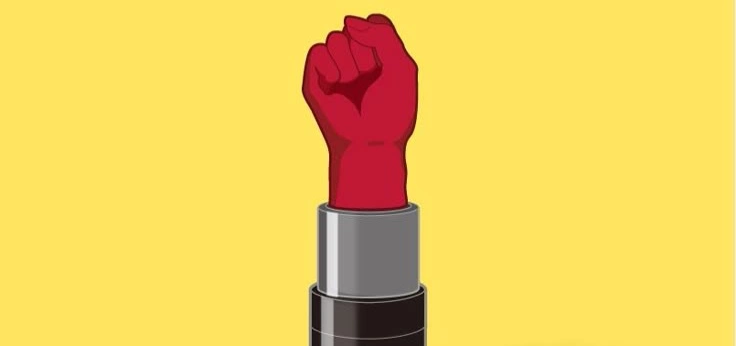
- Acknowledgment. The first step is naming abuse for what it is, without excuses or denial.
- Awareness. Society must know about hotlines, shelters, crisis centers, and organizations that provide real help.
- Support. Simple words like “I am here for you” can mark the beginning of a new life for someone in danger.
- Change for the future. By raising children in a culture of respect, we build a generation free from fear.
Domestic Violence Awareness Month is also about reminding survivors that help exists. Volunteers, counselors, doctors, lawyers, and everyday people dedicate themselves to making sure survivors have a choice — the choice of safety, dignity, and a life without pain.
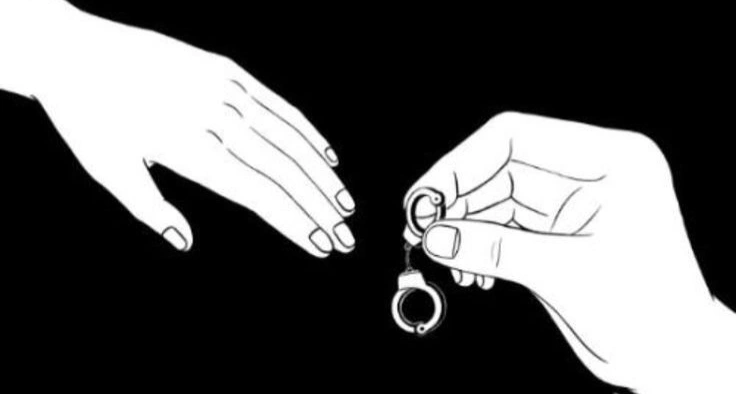
We must break the silence that has surrounded this issue for too long. Every word spoken, every campaign, every story shared makes a difference. The louder our voices become, the weaker violence grows.
October in purple is the voice of millions. A voice that says: “You are not alone. We hear you. We stand with you.”
In today’s fast-paced world, stress has become a nearly constant presence. We're juggling deadlines, endless notifications, pressure to perform, the fear of missing out, and the need to always "keep up." We've been conditioned to see stress as something to eliminate — as a threat. But what if stress isn’t the enemy? What if it’s actually a message?
Stress, at its core, is not bad. It’s a natural response to challenge, change, and uncertainty. In small doses, it sharpens our focus, boosts motivation, and helps us act quickly in tough situations. Some of our best decisions, ideas, and creative sparks come under healthy pressure. The real danger begins when stress becomes chronic — when we stay in a state of tension for days, weeks, or even months without rest or recovery.
Chronic stress drains the nervous system, clouds the mind, and weakens the immune system. It often starts subtly: we lose patience faster, struggle to concentrate, wake up tired, get headaches more often. Then comes emotional burnout — when we feel disconnected, numb, or overwhelmed for no obvious reason. These aren't just random bad days. They’re signs that something inside us needs attention.
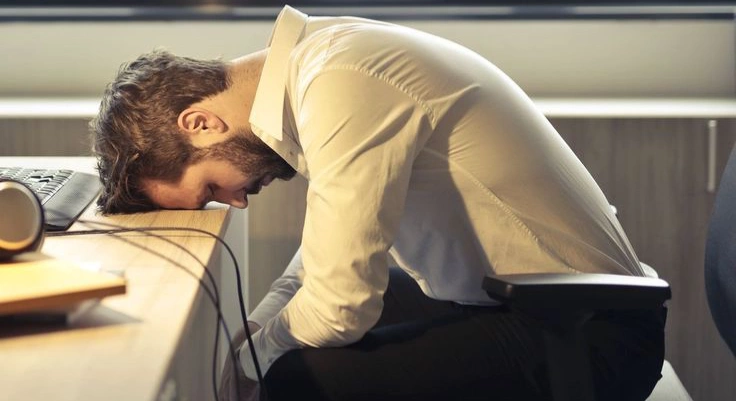
The goal isn't to eliminate stress entirely. That’s unrealistic. The key is to build awareness and resilience — to notice stress signals early and respond to them kindly and intelligently. Start by asking simple questions:“What is my body trying to tell me?”“Am I pushing too hard?”“What’s one small thing I can do right now to support myself?”
Even tiny habits can help shift your state:– Slow, deep breathing (exhale longer than you inhale)– Taking a short walk without your phone– Drinking water mindfully– Doing a brain “reset” by journaling for 5 minutes– Saying “no” when you need rest, not more tasks
One of the biggest myths around stress is that “strong people don’t feel it.” In truth, real strength is emotional flexibility. The ability to slow down when needed. To admit when you’re tired. To ask for help. To say, “This is too much for me right now” — and not feel shame for it.
You don’t have to be calm and productive all the time. You don’t need to “fix” yourself. You need to be with yourself — especially in the moments you feel overwhelmed.
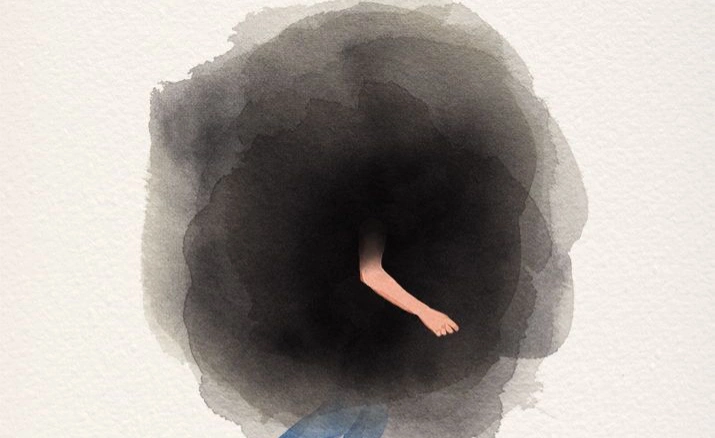
Stress is not a flaw. It’s your nervous system asking for balance. And when you start listening to it — not suppressing or fearing it — you begin to rebuild something incredibly valuable: your connection with yourself.
So today, maybe don’t try to fight stress. Try to pause. Try to breathe. Try to listen. Because behind that tension, there’s often a very human message:“You’re doing your best. It’s okay to rest.”
We live in an era of constant access, instant communication, and endless scrolling — yet so many feel painfully disconnected. We can message anyone at any time, yet struggle to find someone who will simply sit with us and truly listen — no filters, no judgment, no rush.
Modern life has made communication faster, but not deeper.We react with emojis, reply with hearts, scroll through stories — and miss the actual story: how someone is really doing. We check updates but forget to check in, face-to-face.We’ve become so used to virtual presence, we’ve lost touch with emotional presence.
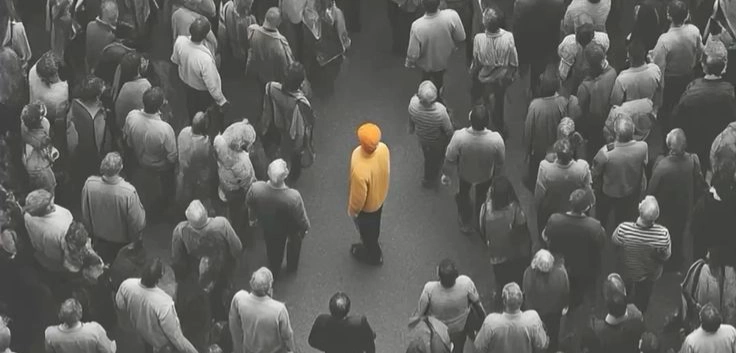
Meanwhile, anxiety, burnout, and emotional fatigue continue to grow. People still long for closeness, but often don’t know how to ask for it. Vulnerability feels risky.So we stay silent, even when we want to speak.
But connection isn’t built through speed. It grows in slowness. In pauses. In the courage to ask, “How are you — really?” and to wait for the answer.
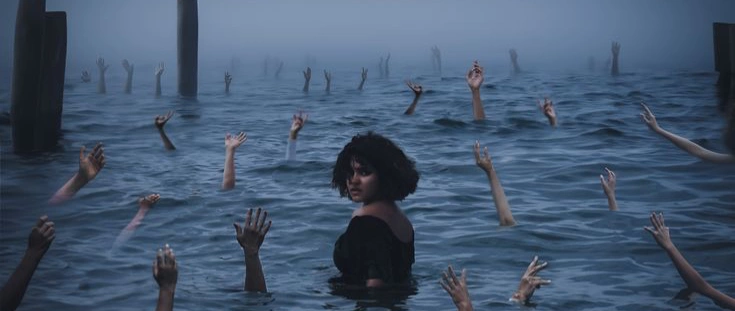
Being present is not passive — it’s powerful. It’s looking someone in the eyes, turning off your phone, resisting the urge to fix, and instead, simply being there.No app can replicate the feeling of being seen, heard, and accepted — just as you are.
If we want to change the world we live in, maybe it starts here — not in bigger networks or smarter algorithms, but in smaller, slower moments of human presence.
We live in an age of unprecedented connectivity. You can message someone across the world in seconds, stay online with coworkers 24/7, post your thoughts and photos and instantly receive feedback. You’d think loneliness would be gone. But in truth, people are feeling lonelier than ever.
Modern loneliness isn’t always about being physically alone. It’s more about emotional disconnection — being surrounded by people, but still feeling unseen. You might be active in group chats, yet have no one to talk to honestly. Surrounded by “friends” on social media, but still feel empty.
Why is this happening?
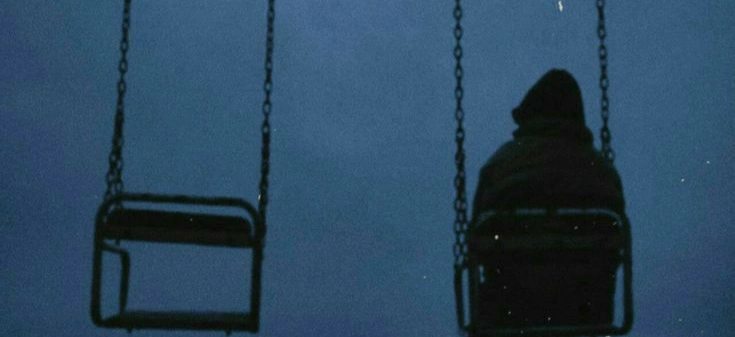
Because digital connection doesn’t always mean emotional connection. We message, but rarely talk about what matters. We scroll through stories, but miss the pain behind the smile. We like posts, but don’t ask: “How are you, really?” Society has become fast, visual, and surface-level. But real closeness takes time, presence, and vulnerability.
Another reason is the culture of productivity. When results matter more than emotions, it becomes uncomfortable to simply be. We fear seeming “too much,” “too sensitive,” or “a burden.” So we hide our feelings, withdraw, and stay silent.
That’s why it’s important to say this clearly: loneliness is not weakness — it’s a signal. A reminder that we need real connection. That being heard and seeing others is a basic human need. That without emotional closeness, we can survive — but we cannot truly live.
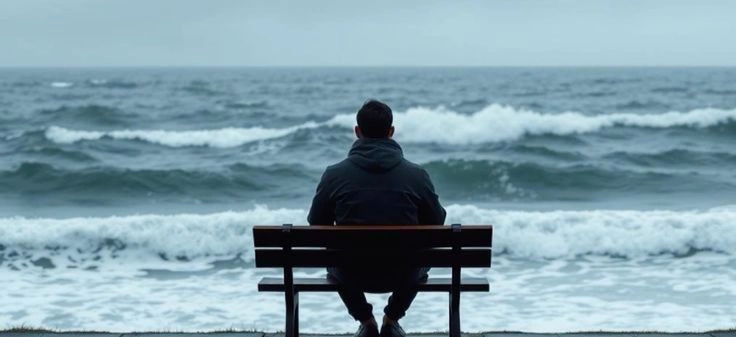
What can we do?
— Start with ourselves: speak honestly, listen slowly, be present for those around us.— Don’t fear depth: ask real questions, share real feelings.— Don’t confuse connection with presence: what matters isn’t “online” status, but “I’m here for you.”
And above all — remember: you are not alone. Even if it feels that way right now. Chances are, someone near you feels the same. And they aren’t waiting for a perfect conversation — just a kind, sincere moment. Authenticity is a bridge. And each of us can take the first step.